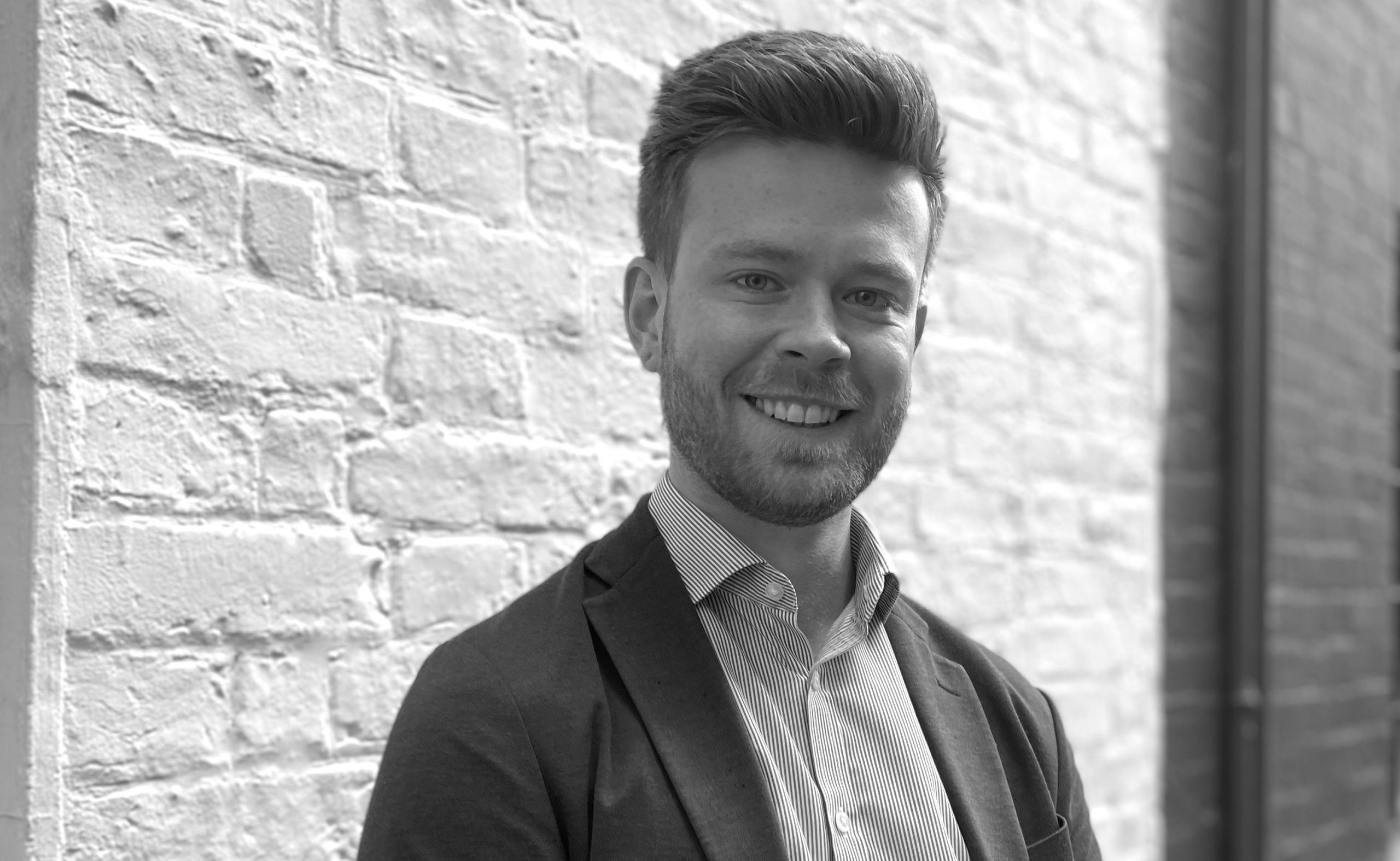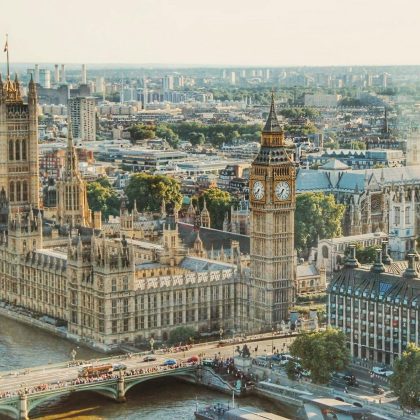Welcome Stewart Paterson
We are delighted to welcome new Account Manager Stewart Paterson to our team. Having worked in PR for the built environment for several years, and formerly as a journalist at national and regional publications, Stewart has a keen eye for a good story and will be working across integrated consumer and B2B PR. We asked Stewart about his experience, and how property PR should respond to post-pandemic changes.
What has been your career highlight so far?
I have been lucky enough to work across a broad client base, from FTSE-listed property firms and proptech start-ups to Location, Location, Location’s Phil Spencer.
I can say with certainty that the highlight of my career was sparking a national conversation around planning reform, following a local authority’s refusal of a planning application for hundreds of new retirement homes, on the basis that older people would fail to bring the required ‘vitality’ to the town’s centre. This particular story featured across the national press and TV, shining a spotlight on Britain’s outdated planning system.
As the government embarks on long-overdue planning reform, it is clear that more work needs to be done. Britain is in the grip of a housing crisis, but red tape, bureaucracy, nimbyism and a lack of understanding continues to hold us back from delivering the homes of all types the country desperately needs.
What do you think are the biggest shifts emerging from the pandemic that will impact the built environment?
I have no doubt that the working-from-home trend sparked by Covid-19 will make a lasting impact on office culture in the UK.
Fewer people milling about the city presents a host of challenges for business, transport networks and landlords to name a few, however, a more flexible, decentralised workplace could also open up opportunities in other parts of the UK.
The emergence of more satellite offices, flexible working spaces and the mixed-use developments they occupy up and down the country could be a genuinely positive outcome of the pandemic, one that could revitalise struggling towns and cities by negating the need for workers to live so close to Zone 1 for the best-paid jobs.
As a former journalist, what do you consider the most common mistakes people make when approaching PR for their places and schemes?
The property sector, by and large, gets a bad rap among the general public. Developers are often viewed as driven by profit and ambivalent to the wants and aspirations of local people.
The loudest voices who, more often than not, have the ear of local media and politicians are not always reflective of what local people actually want.
The key to engaging local people and generating support for new schemes is to ensure people have a genuine and meaningful say in the process. And while the industry is beginning to recognise that placemaking is more about people than it is about bricks and mortar, there is more work to be done before developers are seen as a force for good rather than a force for profit.



